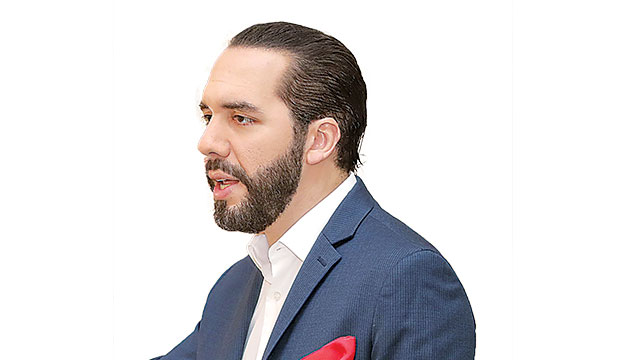The Journalist Association of El Salvador (APES) recently voiced concerns over the perceived undermining of journalistic work by President Nayib Bukele.
APES suggests these actions may be inching closer to establishing an authoritative regime.
The association pointed out that the president has indicated three journalists, Bryan Avelar, Héctor Silva Ávalos, and APES director Sergio Arauz, suggesting their reception of confidential information might be criminal.
These references are tied to investigations concerning Bukele’s administration and the ruling party, Nuevas Ideas.

APES emphasizes that such indications might suppress press freedom and likened the situation to authoritarian regimes in countries like Venezuela, Cuba, and Nicaragua.
They added, “Criminalizing officials and public employees suspected of conversing with journalists edges us closer to systems where disagreement is met with imprisonment.”
APES also reminded authorities that journalists generally keep their sources confidential.
Respect for this right is essential in a democratic system, safeguarded both nationally and internationally.
Furthermore, the association criticized the current state of transparency in the nation and expressed concerns about restricted public spending oversight.
They stress the need for mechanisms to ensure the government’s accountability.
In response to APES’s statement, Reporters Without Borders (RSF) expressed worries about compromising journalists’ protection and source confidentiality.
RSF added that such criminalization poses threats to democracies.
In a recent statement, President Bukele mentioned an investigation involving Alejandro Muyshohdt, a former National Security advisor.
He alleged Muyshohdt collaborated with ex-president Mauricio Funes in leaking altered classified documents to journalists and foreign entities.
Carlos Dada, Director of El Faro, responded by emphasizing their policy of neither confirming nor denying specific sources to protect those who trust them.

